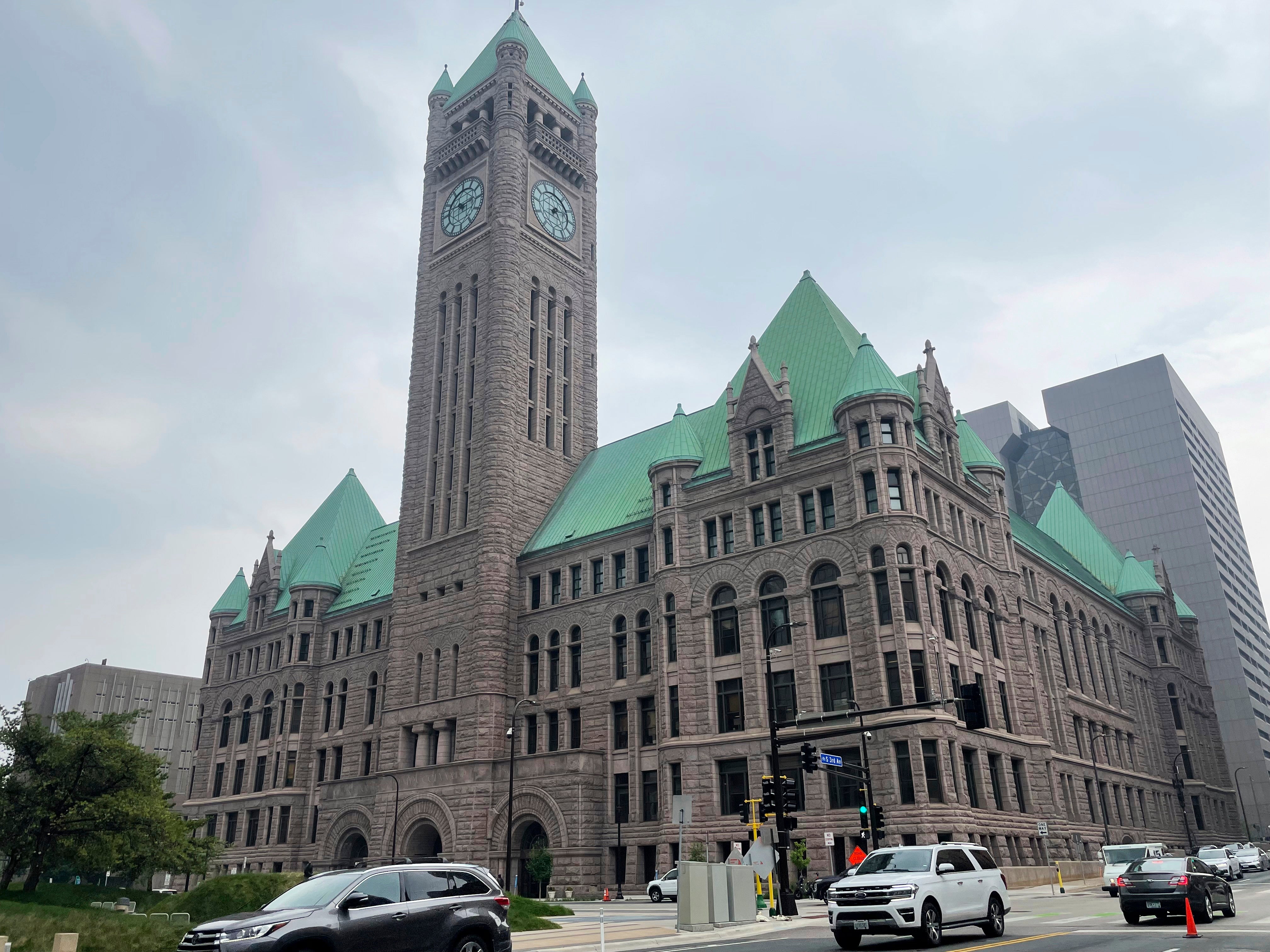Minneapolis mayor vetoes measure for minimum wage to Uber and Lyft drivers
Minneapolis' mayor has vetoed a minimum wage for Uber, Lyft and other ride-hailing drivers in the city

Minneapolis' mayor on Tuesday vetoed minimum wages for Uber, Lyft and other ride-hailing drivers, a move one City Council member described as “an inexcusable betrayal of Minneapolis workers.”
Mayor Jacob Frey instead negotiated with Uber, securing an agreement for higher pay for only those drivers.
In his veto message, Frey wrote he “secured a commitment from Uber” that drivers picking up passengers in Minneapolis or driving within the city will make the city’s minimum wage of $15 an hour. The company also committed to paying Uber drivers at least $5 for any trip in the metro area.
Lyft drivers are not covered by the mayor’s deal.
Under the ordinance Frey vetoed, all ride-hailing companies would be required to pay drivers at least $1.40 per mile and $0.51 per minute, or $5, whichever is greater. The rule would only apply for the portion of the ride within the city.
Seattle and New York City have passed similar policies in recent years.
"It’s clear we need more time to get this right,” Frey said in a Tuesday statement. “In the coming weeks, we will work in partnership with all stakeholders to do our homework, deliberate, and make sure we put together an ordinance that is data-driven and clearly articulates policies based on known impacts, not speculation.”
Minneapolis City Councilmember Robin Wonsley on Tuesday slammed Frey as “ready to abandon any commitment to living wages or workers’ rights under the pressure of lobbying by multibillion-dollar out-of-state corporations.”
“This veto is an inexcusable betrayal of Minneapolis workers,” Wonsley said in a statement. “The ordinance was developed over eight months of consultation with drivers, city staff, and national experts.”
Many of the drivers are African immigrants who have been pushing for higher wages at the state and city levels for several months.
Frey previously asked the City Council to wait until the end of the upcoming Minnesota legislative session to act on a Minneapolis ordinance in hopes lawmakers instead will pass a statewide plan for ride-hailing drivers.
Eid Ali, president and founder of the Minnesota Uber and Lyft Driver's Association, said “pushing this issue to the state isn't an excuse.”
“He has a responsibility to his constituents who are part of those folks who are suffering,” Ali said.
In May, Minnesota Democratic Gov. Tim Walz vetoed a bill that would have mandated higher pay and job security for Lyft and Uber drivers in the state. Walz said at the time that ride-hailing drivers deserve fair wages and safe working conditions, but it wasn’t the right bill to achieve those goals.
Ride-hailing drivers, like other gig economy workers, are typically treated as independent contractors not entitled to minimum wages and other benefits, and have to cover their own gas and car payments.
Uber and Lyft have both previously released statements in opposition to the Minneapolis measure.
“If it becomes law, drivers would ultimately earn less because prices could double and only the most wealthy could still afford a ride,” Lyft said in a statement after the vote.
It continued, “We support a minimum earning standard for drivers, but it should be part of a broader statewide solution that also protects driver independence. That’s why we urge Mayor Frey to veto this bill and instead allow time for the state’s rideshare task force to complete its research.”
Bookmark popover
Removed from bookmarks